Editor’s Note: This Fundamentals article originally ran in the September/October issue of Vintner Magazine
When you own a wine-oriented business, one of the most important things you’ll buy is something you hope to never truly need.
Of course, we’re talking about insurance. If you’ve got a wine-oriented business, there are a few details to consider that basic insurance policies for businesses may not address.
Ron Yates, owner of Spicewood Vineyards, said in the early days of his business they went with the insurance company that they used for everything else.
“Especially early on when there was really no great insurance designed specifically for vineyards and wineries,” Yates recalled.
The family-run winery eventually upgraded, finding a company that offered ranch- and vineyard-specific coverage, and it has stuck with that company since.
“I think it’s of the utmost importance to find a company that specializes in vineyard and winery coverage,” Yates said. “Finding an insurance company that understands our business and the risks associated with it really makes it easy when something eventually happens.
“The ability to explain the issue and have your insurance company immediately know and understand why this is important to you makes a world of difference.”
Finding an insurance company that suits a winery’s specific needs is no easy task, because those needs vary per business, said Richard Obiso, owner of Whitebarrel in Christiansburg, Virginia.
“When we started out in 2006, we of course thought that insurance was going to be a no-brainer,” Obiso recalled. “We did a simple risk assessment and then asked various insurance companies what they had to offer. We were very unpleasantly surprised that there was not a one-size-fits-all solution for wineries or vineyards. We learned that even those companies that offer ‘Farm’ or ‘Winery’ policies — do not cover all areas of the business.”
To avoid potential analysis paralysis, Whitebarrel sought professional help.
“We simply reached out to a broker who specializes in finding the niche we needed, and had access to a number of insurance companies,” Obiso said. “We use HSHI insurance in Roanoke, Virginia. We have a broker who reviews our account four times per year, and asks for updates related to structures, crops, business activities, manufacturing, vehicles, alcohol liability, etc. We have a very comprehensive policy, and an umbrella.
“It also links to our workers compensation policy, and everything sings harmoniously.”
If you’re doing your own shopping, buyer beware.
“We found that some companies say they offer a business farm or winery policy, but it is just a business liability policy in disguise,” Obiso said. “Sometimes, it will not cover crops, and sometimes (there is) no alcohol liability.”
What to look for
So what’s the most important thing to consider when looking for an insurance company that can help you mitigate risk?
Again, it depends on your business model.
“I think it’s too complicated for there to just be one question,” Yates said. “We are a bit different as we essentially are two businesses in one (Grape growing and winemaking) so really it’s most important to understand and define with your carrier where your risks are and how they can handle issues when they arise.
“It’s always good to play offense when it comes to insurance. Knowing what your high probability issues are and making sure your company can solve those problems for you is important. I would also add that it’s great to have a good relationship with your company, but you need to make sure they can actually help you when you need it and not just be your friend.”
While every winery has specific needs, Obiso said there are some definite risks that bear looking at for all shoppers. The big items, he said, are alcohol liability, product liability, manufacturing liability, business operations, business interruption, crops (for mature vineyards), health payouts and terrorism coverage.
“One item to check is the deductibles on each of the items that are on your coverage list,” Obiso added. “Make sure you check the overall deductibles, too, (and) adjust these to what you are comfortable paying in case you need to file a claim.”
Yates said Spicewood Vineyards likes its carrier and has remained loyal, but keeps an eye out to make sure it continues to be the best available option.
“I am always trying to pay attention to what’s going on with others and other companies just to make sure we are on top of everything,” Yates said. “We have maintained our current relationship because of how great of a job they have done for us. They have been on top of everything we have needed and continue to look out for our best interests.”
Obiso said if it isn’t broken, don’t fix it.
“Once you have a good, solid policy that covers all of your needs, then stick with it,” Obiso said. “We have had the same policy for over eight years, with annual updates. It saves time, money, and the headaches of dealing with sales folks and looking at all of the details of what each policy covers and does not cover.”

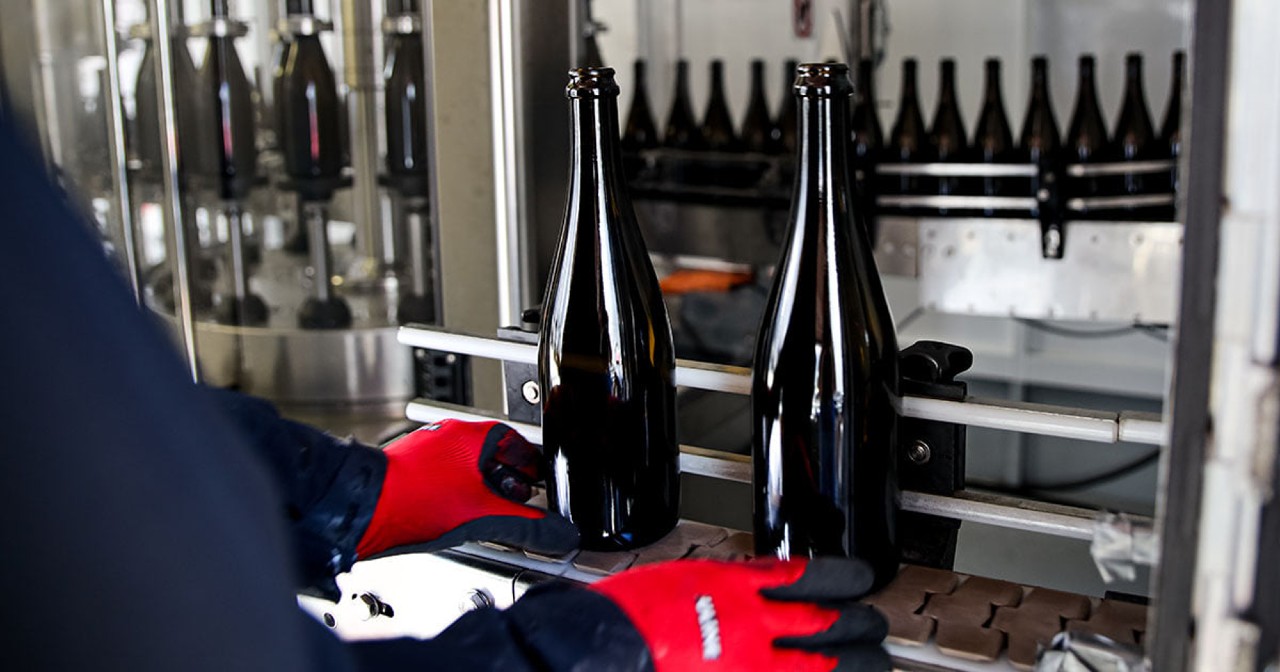
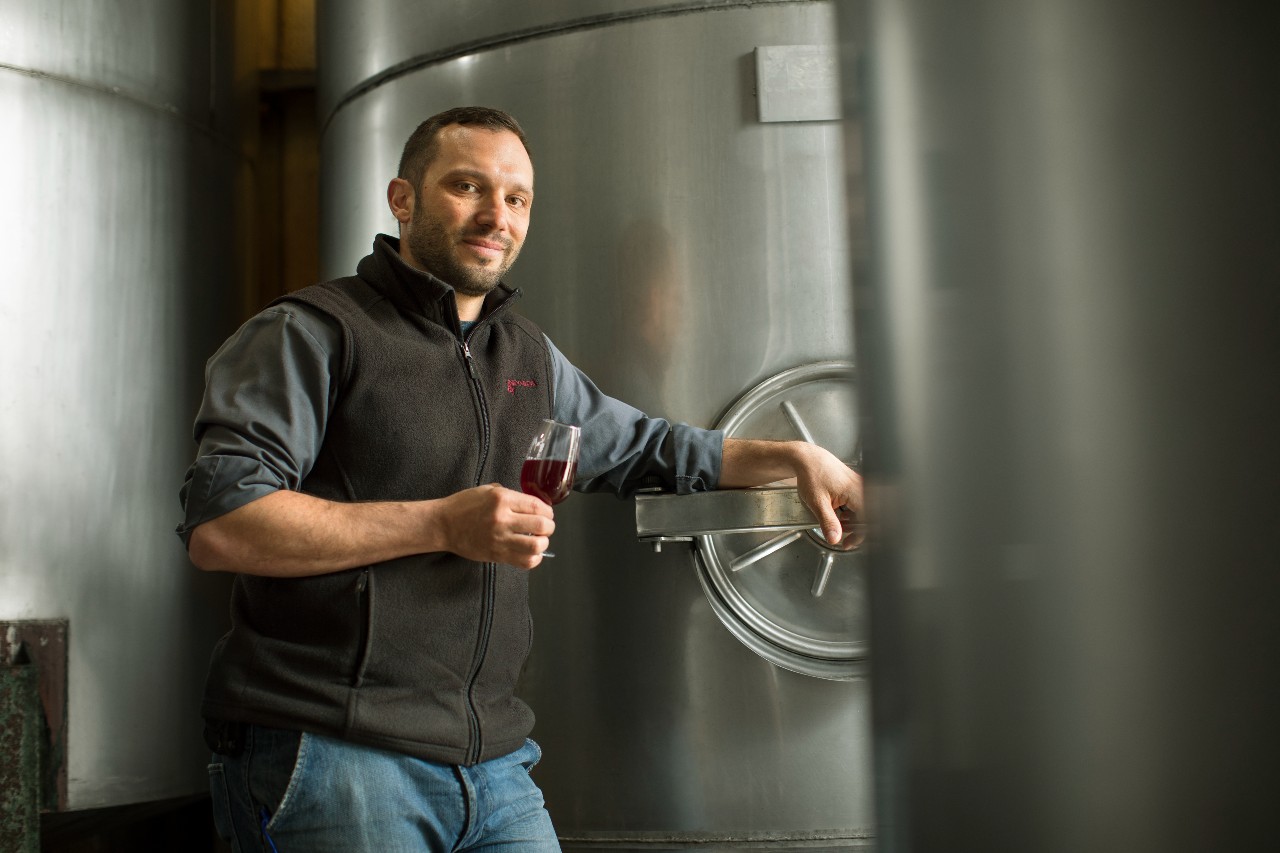
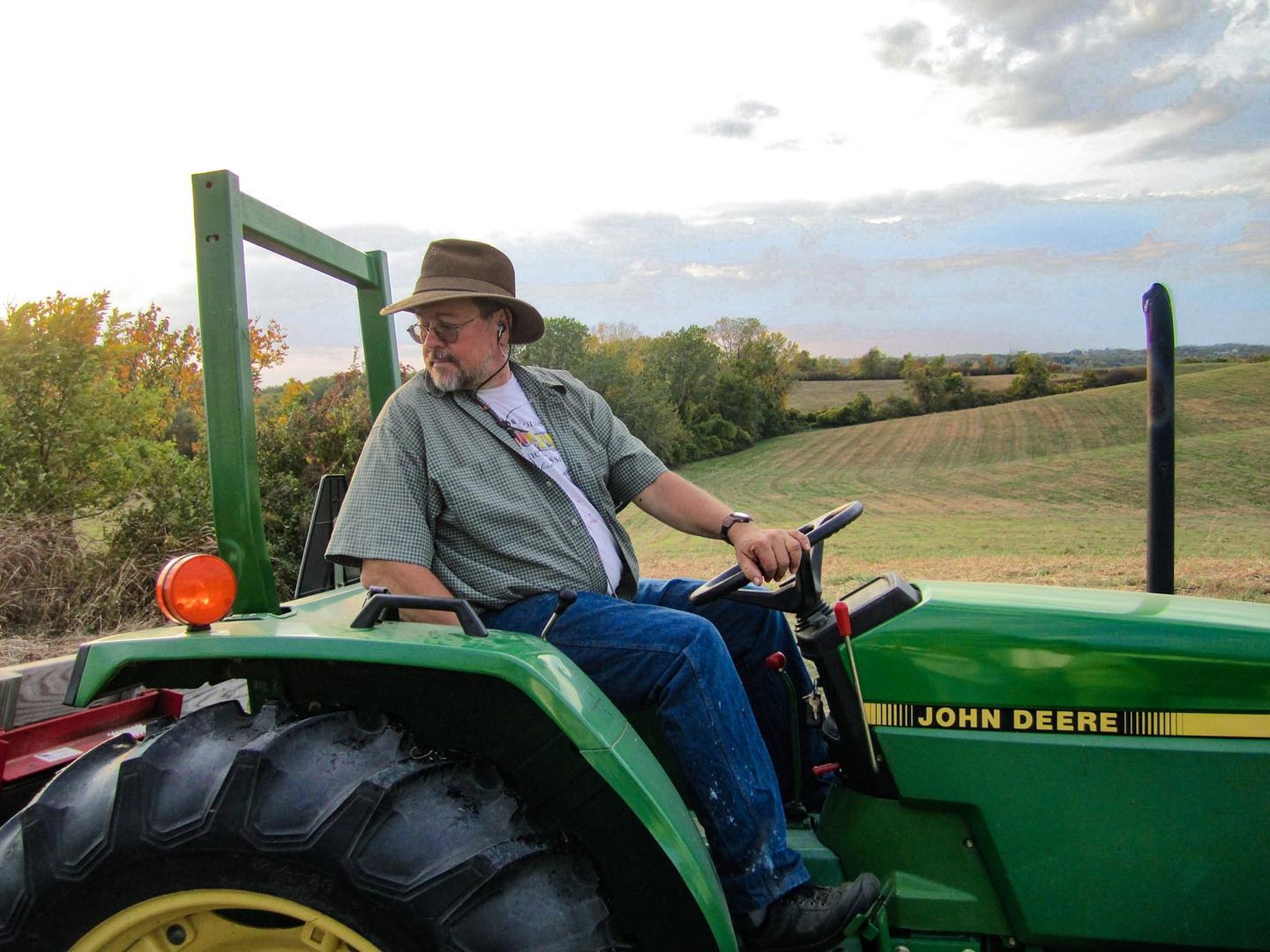
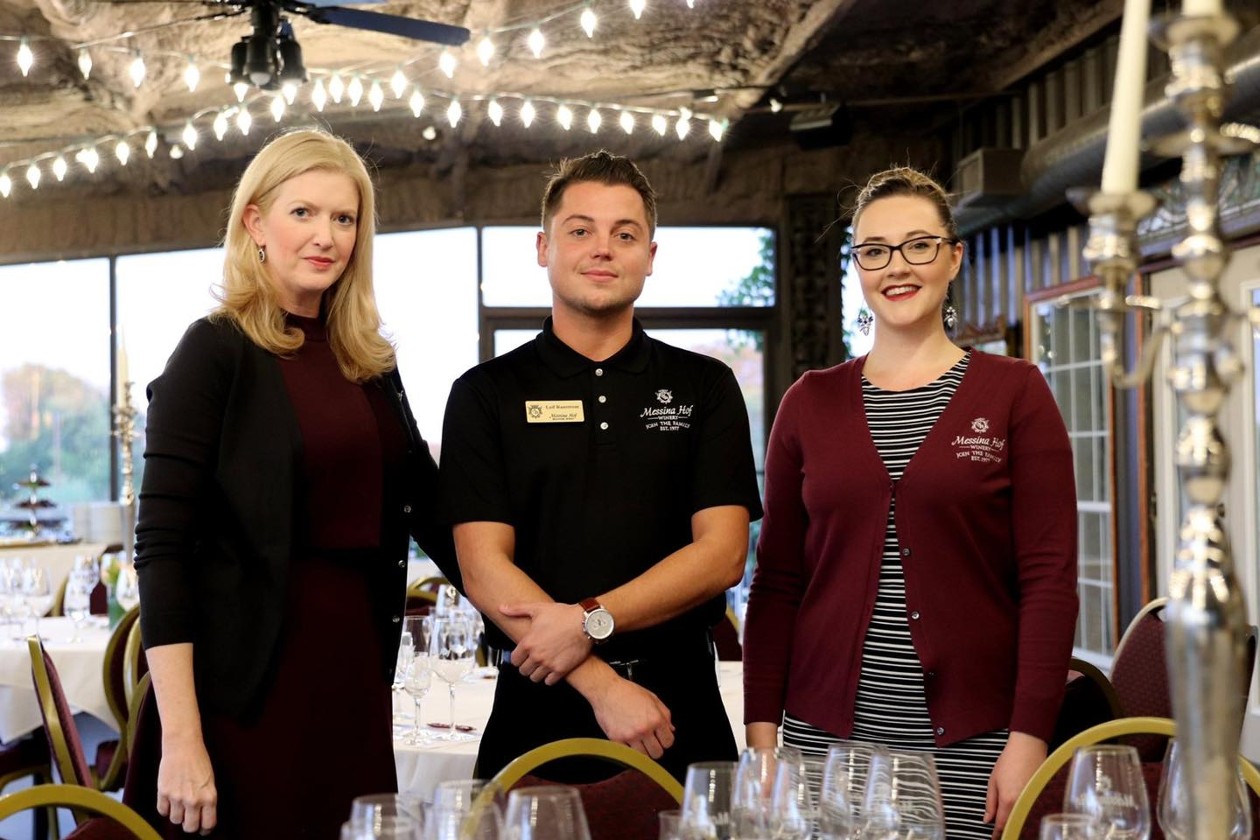
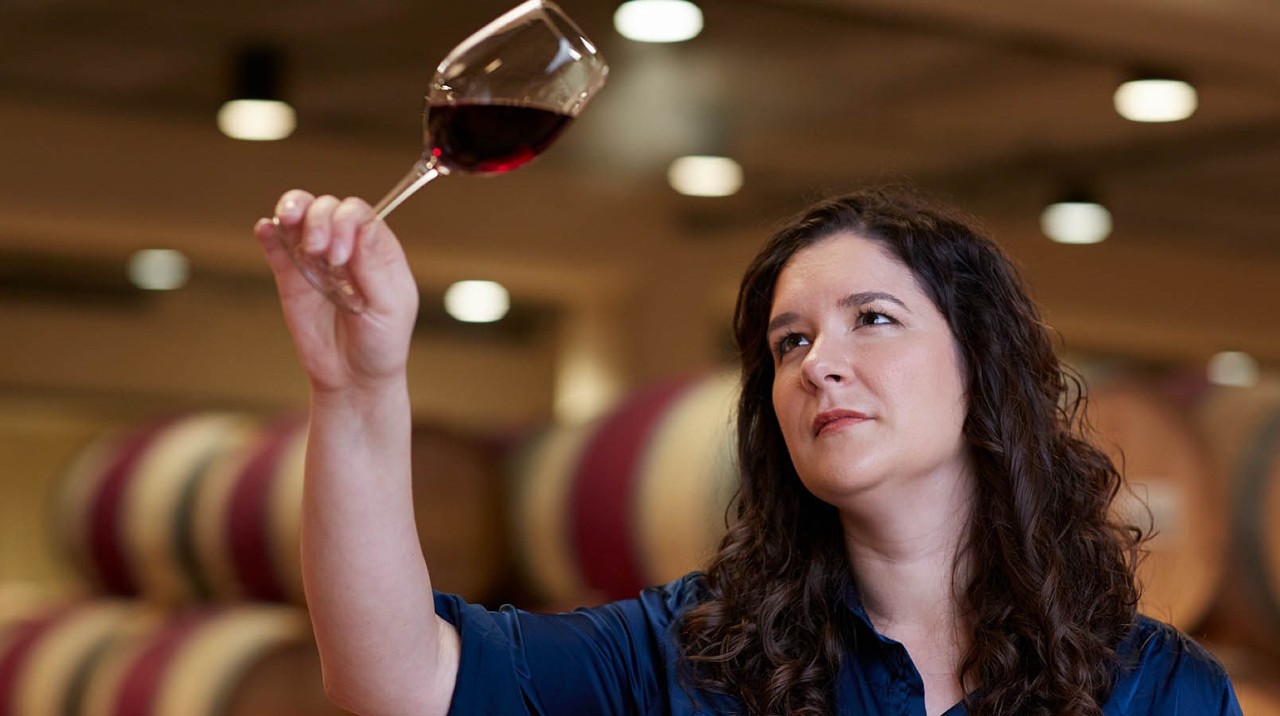

Be the first to comment